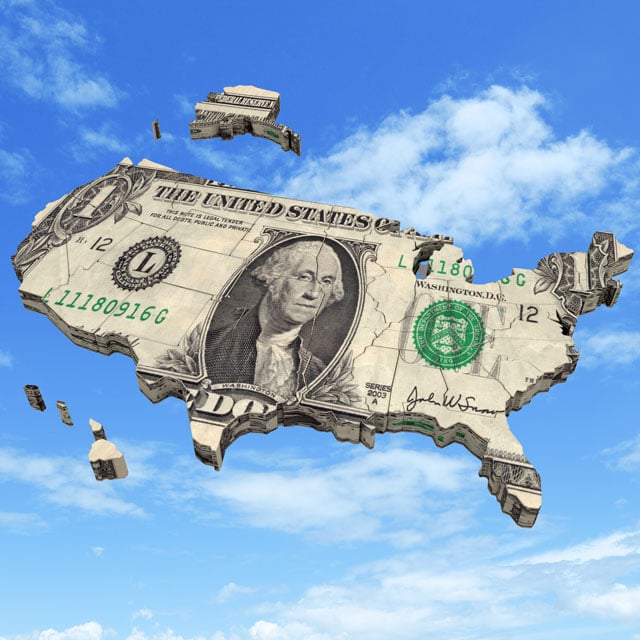Falcon
NOT FOR REPRINT
15 Best Places for Millennials to Live: 2022
Slideshow May 31, 2022 at 05:16 PM
Share & Print
Millennials exert an enormous influence on American culture and consumption. Born between 1981 and 1996, they are better educated than their parents and grandparents and with a head-count of some 80 million, they are responsible for a fifth of all consumer discretionary spending in the U.S., according to a recent report from WalletHub, a personal finance website. But millennials are doing less well economically that their parents, mainly as a result of having entered the workforce in the shadow of the 2008–2009 financial crisis, which reduced their job prospects and earning potential. The pandemic only exacerbated this situation for many of them. WalletHub noted that the current job market offers millennials new opportunities, as employers are desperate to hire and applicants have more leverage to get good compensation and benefits. However, the millennial experience is not uniform across the country; Americans in their mid-20s to early 40s have thrived in some states and struggled in others. In order to determine the most livable places for millennials, WalletHub compared the 50 states and the District of Columbia across the key dimensions of affordability, education and health, quality of life, economic health and civic engagement. Researchers evaluated those dimensions using 34 relevant metrics, and graded each one on a 100-point scale, with a score of 100 representing the most favorable conditions for millennials. They then determined each state's and the District's weighted average across all metrics to calculate its overall score and used the resulting scores to rank-order our sample. See the gallery for WalletHub's 15 best places for millennials to live.
NOT FOR REPRINT
© Touchpoint Markets, All Rights Reserved. Request academic re-use from www.copyright.com. All other uses, submit a request to [email protected]. For more inforrmation visit Asset & Logo Licensing.
Featured Resources
View All
Sponsored by Axos Advisor Services
Integrated Banking Solutions: How To Enhance Client Services and Grow Your Business

Sponsored by Optifino
Three Macro Trends Impacting Long-Term Care: Trends, Solutions & Client Conversations

Sponsored by Vanilla
The Missing Piece: Why Advisors Who Skip Estate Planning are Failing Their Clients






